Hardening its position, Pakistan has denied visa to Peoples Democratic Party (PDP) spokesperson Naeem Akhtar to attend a Track-II conference in Islamabad next week, saying the “Hurriyat is the true representative of the people of Jammu and Kashmir.”
Pakistan High Commission sources here told that the decision was taken to “reiterate” this stand.
“Our stand on Jammu and Kashmir is very clear. We believe that the Hurriyat is the true representative of the aspirations of the people of Jammu and Kashmir, and we believe that issuing a visa to Mr. Naeem Akhtar would not reflect that position,” an official said.
While visas had been denied to many Indians planning to attend such conferences in the past, the statement linking the decision to the stand on the Hurriyat is significant as it is indicative of the hardened stand after India cancelled Foreign Secretary-level talks last year over High Commissioner Abdul Basit’s discussions with Hurriyat leaders.
What makes the decision more surprising is that the visa denial comes even when Prime Minister Narendra Modi has decided to send Foreign Secretary S. Jaishankar to Pakistan in March, and the Bharatiya Janata Party is in talks with the PDP to form an alliance government in J&K. Even the Hurriyat Conference did not seem to approve of the Pakistani move. “We believe there should be more, not less engagement between the people on both sides of the ceasefire line,” its chairman, Mirwaiz Umar Farooq, said on the phone.
Mr. Akhtar told The Hindu that he had not yet heard officially about the visa denial and was surprised by the decision.
The denial of visa to Mr. Akhtar is in line with a toughening of Pakistan’s position over the past year on Jammu and Kashmir, especially after the cancellation of Foreign Secretary-level talks by India over High Commissioner Abdul Basit’s discussions with Hurriyat leaders.
Pakistani Prime Minister Nawaz Sharif’s speech at the U.N. General Assembly contained strong allegations of human rights violations by India, and on “Kashmir Day” this month, he referred to the State as the “jugular vein” of Pakistan. In contrast to previous elections in J&K, Pakistan issued a statement in December calling the recent elections a “sham.”
What these denote are drawing of new, harder lines between India and Pakistan over J&K. Just as the Modi government indicated last July that Pakistan should not have engaged with the Hurriyat ahead of talks, Pakistan now seems to indicate that it will no longer engage with anyone but the Hurriyat.
The External Affairs Ministry did not comment on the denial of visa, but it remains to be seen if the new move by Pakistan will have any impact on the fledgling attempt at restarting Foreign Secretary-level talks.
Mr. Akhtar was due to visit Pakistan to attend a “Track-II” conference organised by the Jinnah Institute in Islamabad and the Centre for Dialogue and Resolution in Delhi on February 25. “It means Pakistan is going back on its earlier stand, so they must explain if their earlier decisions in inviting mainstream Kashmiri leaders like Mr. Omar Abdullah or Mr. [Saifuddin] Soz or other Ministers flawed,” Mr. Akthar said.
In the past few years, Pakistan has allowed visits by several J&K leaders from the PDP, the National Conference, the Bharatiya Janata Party and the Congress. They include PDP leaders Mehbooba Mufti, former Minister Tariq Hamid Karra and Ifthikar Ansari and Nirmal Singh of the BJP.

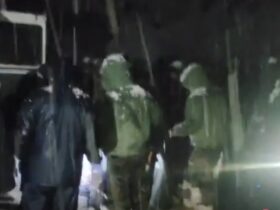




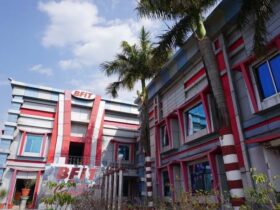




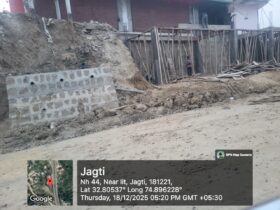

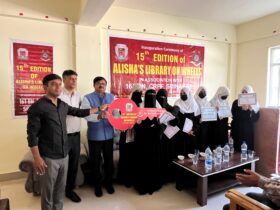
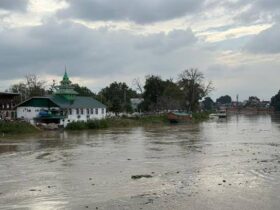
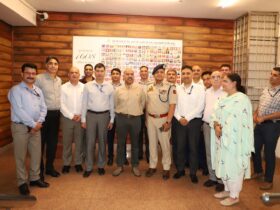
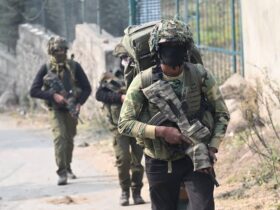

Leave a Reply